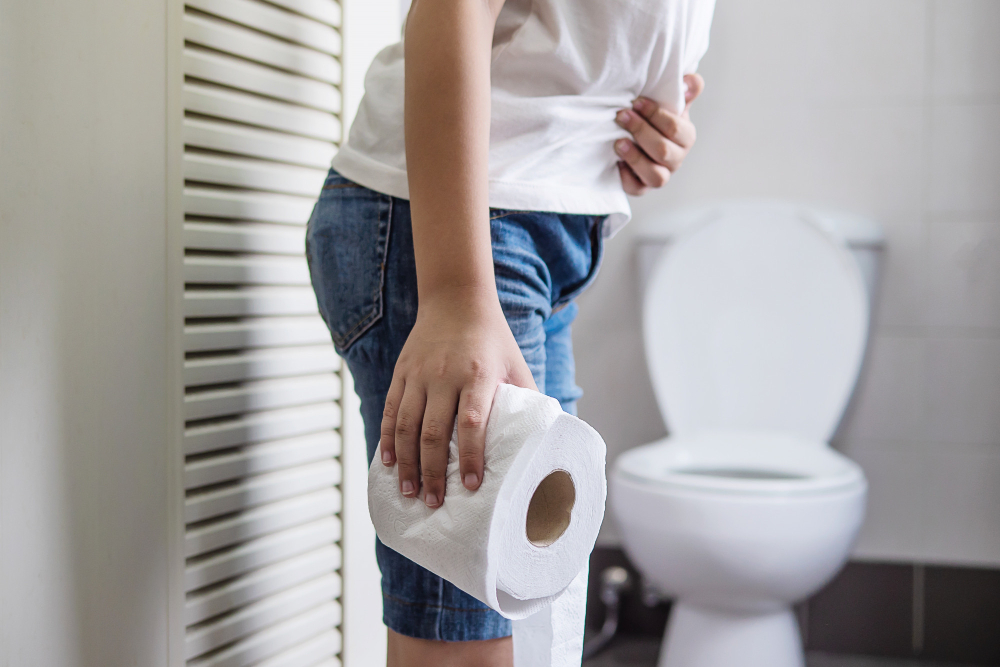What Are Piles?
Piles, also called hemorrhoids, are swollen veins in the lower part of the rectum or anus. Many people experience piles at some point in their lives. Although piles can be uncomfortable, they are usually not dangerous. In most cases, simple treatments can help manage the symptoms of piles. However, sometimes piles may need medical attention.
Symptoms of Piles
Piles can cause different symptoms. Some people may not notice any signs at all. However, others may feel discomfort or pain. Common symptoms of piles include:
Sometimes, symptoms of piles can be mild. But if you notice bleeding or severe pain, you should seek medical advice.
Causes and Risk Factors
Piles develop when the veins in the anus or rectum become swollen. This swelling can happen for several reasons. The main causes of piles include:
In addition, family history can increase your risk. If your parents had piles, you may be more likely to get them too.
Diagnosis of Piles
Doctors can usually diagnose piles by asking about your symptoms and doing a simple physical exam. Sometimes, they may use a small tool to look inside the anus. In rare cases, further tests may be needed to rule out other problems. For example, your doctor may suggest a colonoscopy if you have unusual symptoms or are over 50 years old. Early diagnosis helps find the best treatment for piles.
Treatment Options for Piles
Treatment for piles depends on how severe the symptoms are. Many people get better with simple home care. However, some may need medical procedures. Common treatment options for piles include:
In some cases, doctors may recommend minor procedures. For example, they may use rubber band ligation, sclerotherapy, or surgery if other treatments do not work. Always talk to your doctor before starting any new treatment for piles.
Lifestyle Tips and Prevention
Although piles are common, you can take steps to lower your risk. Here are some tips to help prevent piles:
By following these tips, you can reduce your chances of getting piles. Even if you already have piles, these habits can help manage symptoms and prevent them from getting worse.
When to See a Doctor
Most cases of piles improve with home care. However, you should see a doctor if you:
Sometimes, other health problems can cause similar symptoms. Therefore, it is important to get a proper diagnosis. Your doctor can help you find the right treatment for piles and rule out more serious conditions.
In summary, piles are a common but manageable condition. If you experience symptoms like pain, bleeding, or discomfort, do not ignore them. Early consultation with a specialist can help you manage and treat piles effectively.
For personalized guidance and treatment options, consult a specialist at Saroj Hospital.
Take control of your health—schedule a consultation today.

